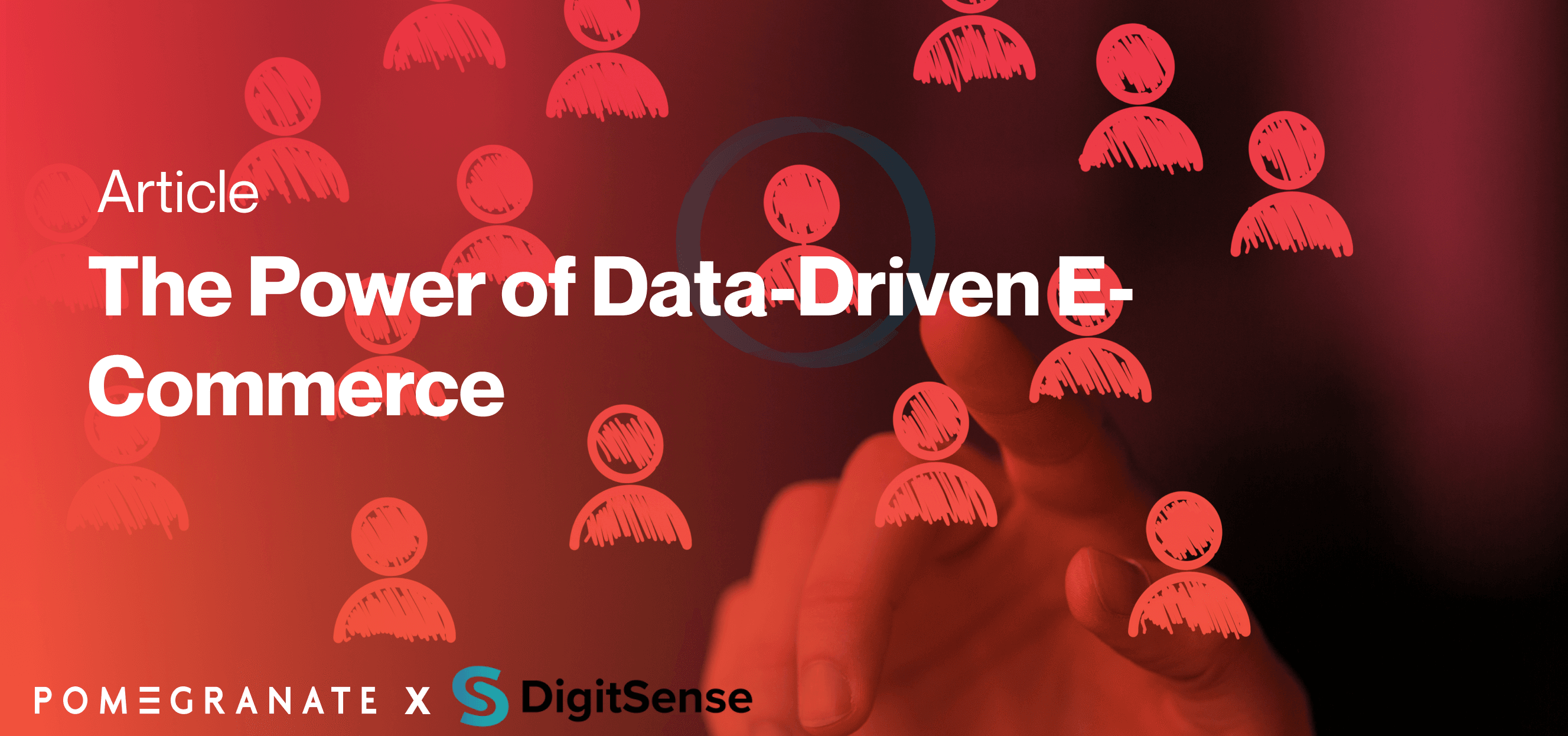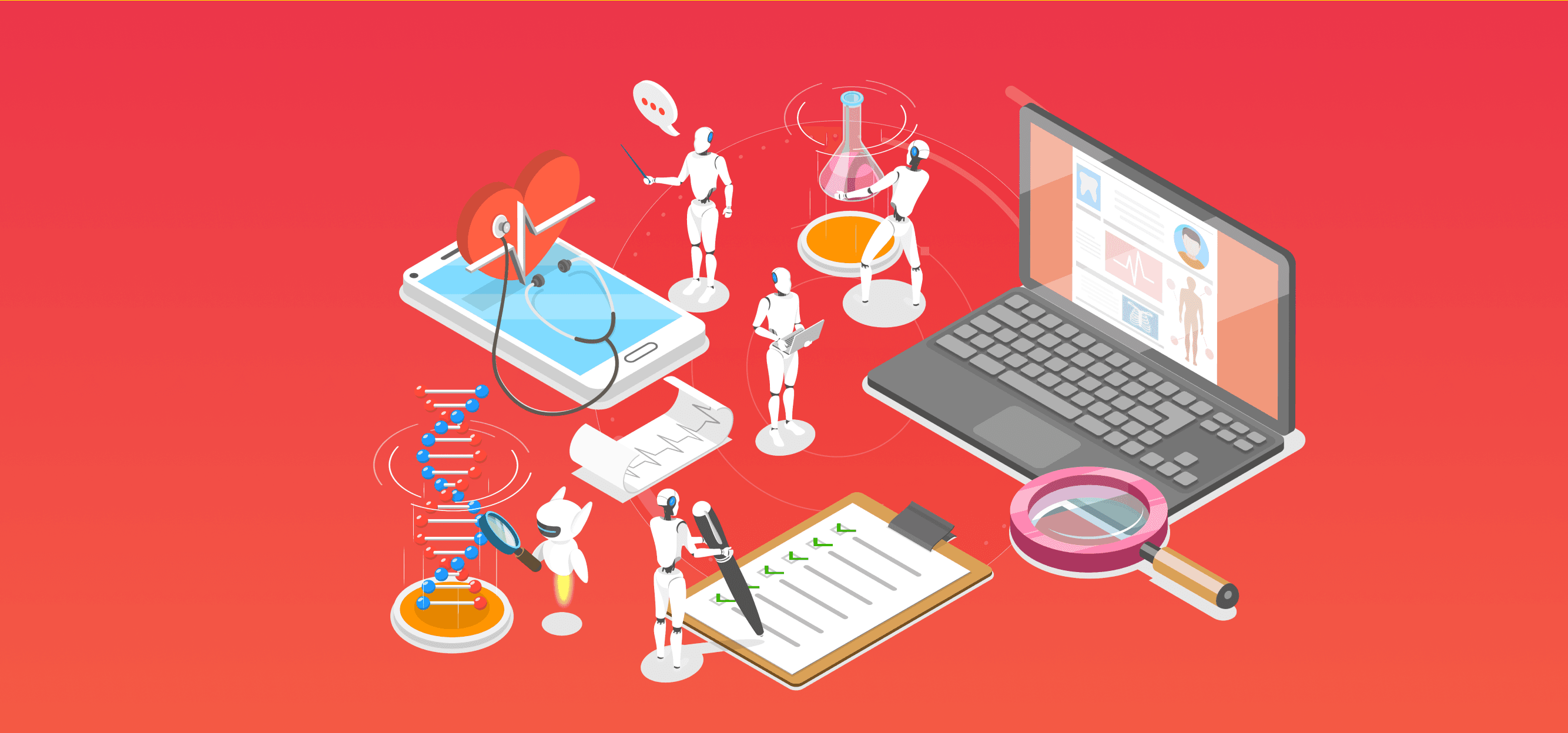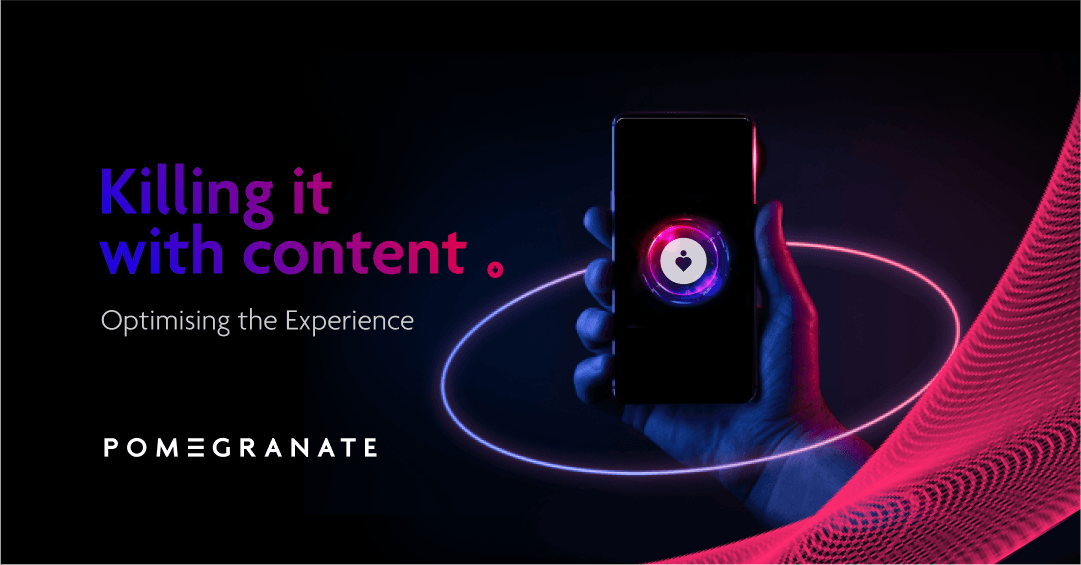The Hidden Force Reshaping Online Shopping Interactions
Read the previous article in our AI series: How Machine Learning is Revolutionising E-commerce: Practical Applications and Real Results
Understanding what customers truly want has always been the holy grail of retail.
Today, Natural Language Processing (NLP) is making this challenge not just manageable but measurably profitable for online retailers worldwide, with the global NLP market projected to explode from $26.42 billion in 2022 to $161.81 billion by 2029, growing at a CAGR of 18.1%¹.
This branch of artificial intelligence (AI) enables computers to understand, interpret, and generate human language, which could fundamentally change how online retailers connect with customers across every digital touchpoint.
From the time a shopper types their first search query to the final checkout interaction, NLP works behind the scenes to create more intuitive, personalised experiences.
For online retailers, NLP offers concrete solutions to persistent challenges: reducing cart abandonment (which averages a staggering 70.19%), improving product discovery, personalising customer interactions, and streamlining operations².
How NLP is reshaping the shopping experience
Enhanced search functionality: Beyond keyword matching
Traditional ecommerce search relies on basic keyword matching, often failing with misspellings, synonyms, or natural language queries. NLP has changed this experience through semantic understanding that recognises user intent.
Advanced NLP-powered search engines now:
- Understand sentiment and intent behind queries, not just keyword searching
- Process natural language, including colloquialisms
- Handle misspellings and typos (which affect 20-30% of search terms)
- Recognise synonyms and related concepts
- Deliver contextually relevant results based on user preferences
According to Capgemini, 68% of consumers are more likely to buy from websites offering personalised search results³. Even millisecond improvements in search performance can translate to significant revenue increases.
Chatbots and virtual assistants: 24/7 personalised service
NLP-powered chatbots have evolved from simple rule-based systems to sophisticated virtual assistants capable of natural conversations. Using technologies like natural language understanding (NLU) and natural language generation (NLG), these tools:
- Answer product questions in real-time
- Provide personalised recommendations
- Process orders and returns
- Assist with troubleshooting
- Guide customers through the purchase journey
With 80% of businesses planning to use chatbots by 2025 and 94% of customers citing positive service experiences as a key reason to return to a brand, the business case for NLP-powered conversational interfaces is compelling⁴.
You can see how these agents are changing the space by looking at our prototype for Fenty Beauty, which demonstrates how AI assistants can provide personalised makeup recommendations through natural conversation.
Voice commerce: Shopping in natural language
Voice-activated shopping is gaining momentum with the proliferation of smart speakers and voice assistants. By 2025, the number of voice assistant users in the US will exceed 100 million (32% of the population)⁵.
NLP enables:
- Natural language voice search functionality
- Voice-based product ordering and reordering
- Voice navigation of ecommerce sites
- Voice-enabled checkout processes
With 40% of consumers now using voice search when shopping online, optimising for voice could become a essential way for online retailers to differentiate in the market⁶.
Sentiment analysis: Understanding customer emotions
NLP allows businesses to analyse unstructured customer feedback at scale, extracting valuable insights from product reviews, social media mentions, customer service interactions, and survey responses.
This capability enables brands to:
- Identify product strengths and weaknesses
- Detect emerging trends and issues
- Measure brand sentiment
- Inform product development
- Tailor marketing messages
By categorising sentiment and identifying specific emotions and themes, these systems provide actionable intelligence that drives product improvements and marketing strategies⁷.
Sephora's success with NLP
When it comes to implementing NLP in ecommerce, few brands have been as bold or successful as Sephora.
The global beauty retailer recognised early that understanding customer language would be key to creating the personalised experiences modern shoppers demand.
Their systematic approach to NLP implementation offers valuable lessons for any ecommerce business looking to harness the power of natural language processing.
Sephora: Pioneering NLP in beauty retail
Sephora has been at the forefront of implementing NLP technologies since launching its first AI-powered chatbot in 2016:
Sephora Virtual Artist: This AI-powered tool uses NLP to understand customer queries about makeup products and provide personalised recommendations. Within two years of launch, it achieved over 200 million virtual shade try-ons and 8.5 million feature visits⁸.
Sephora Reservation Assistant: This chatbot is implemented on Facebook Messenger and uses conversational NLP to help customers book in-store makeover appointments. Compared to other channels, the system delivered an 11% higher conversion rate for booking appointments⁹.
Sephora Colour Match: Developed in partnership with ModiFace, this tool combines NLP with computer vision to allow customers to find matching makeup shades by analysing photos⁹.
The business impact has been substantial: Sephora's digital innovations, including its NLP implementations, helped the company grow its e-commerce net sales from $580 million in 2016 to over $3 billion in 2022—a more than 5x increase in six years⁸.
Future trends in NLP for ecommerce
Multimodal NLP systems
The future of ecommerce NLP lies in multimodal systems that combine text, voice, image, and video understanding. These advanced systems will enable customers to search using multiple input types simultaneously, creating more intuitive shopping experiences¹⁰.
Hyper-personalisation at scale
NLP will enable unprecedented levels of personalisation across the entire customer journey. By analysing individual shopping behaviour, preferences, and context, future NLP systems will deliver experiences that feel like shopping with a personal assistant who knows your style, budget, and needs¹¹.
Conversational commerce evolution
The next generation of conversational commerce will move beyond basic chatbots to sophisticated shopping assistants capable of complex dialogues, negotiation, and proactive suggestions¹⁰.
Predictive commerce
NLP systems will increasingly move from reactive to predictive capabilities, anticipating customer needs before they're explicitly expressed. By analysing patterns in customer language, behaviour, and market trends, these systems will help retailers forecast demand and proactively engage customers¹².
Conclusion
NLP is fundamentally transforming ecommerce by creating more natural, personalised, and efficient shopping experiences.
From search enhancement and conversational interfaces to advanced analytics and content generation, NLP applications deliver measurable improvements in customer engagement, operational efficiency, and revenue growth.
As NLP technology evolves, ecommerce businesses that priortise implementation will be best positioned to meet rising customer expectations for intuitive, personalised shopping experiences in the increasingly competitive digital marketplace.
Catch up on our previous article: How Machine Learning is Revolutionising E-commerce: Practical Applications and Real Results
References
[1] Zevi, "Unleashing the Power of Natural Language Processing (NLP) in E-commerce: An Overview," 2024. [2] Harvard, "SEPHORA: Developments in Machine Learning and Augmented Reality towards customer personalisation," 2024. [3] MessageMind, "AI Enhances Customer Service at Sephora," 2024. [4] Redress Compliance, "Case Study: Sephora's Use of AI to Deliver Personalised Beauty Experiences," 2024. [5] SPD Technology, "Generative AI in eCommerce: Applications and Trends," 2024. [6] Cut-the-saas, "Beauty and the Bot: How Sephora Reimagined Customer Experience with AI," 2024. [7] Retaildive, "Sephora leverages Facebook Messenger and AI to help consumers navigate ecommerce," 2024. [8] Cut-the-saas, "Beauty and the Bot: How Sephora Reimagined Customer Experience with AI," 2024. [9] Retaildive, "Sephora leverages Facebook Messenger and AI to help consumers navigate ecommerce," 2024. [10] Marketsy, "NLP for Ecommerce Search: Complete Guide 2024," 2024. [11] Signitysolutions, "AI in Retail and eCommerce: Applications, Benefits, and Challenges," 2024. [12] SwiftERM, "The Challenges Of AI For Ecommerce," 2024.





